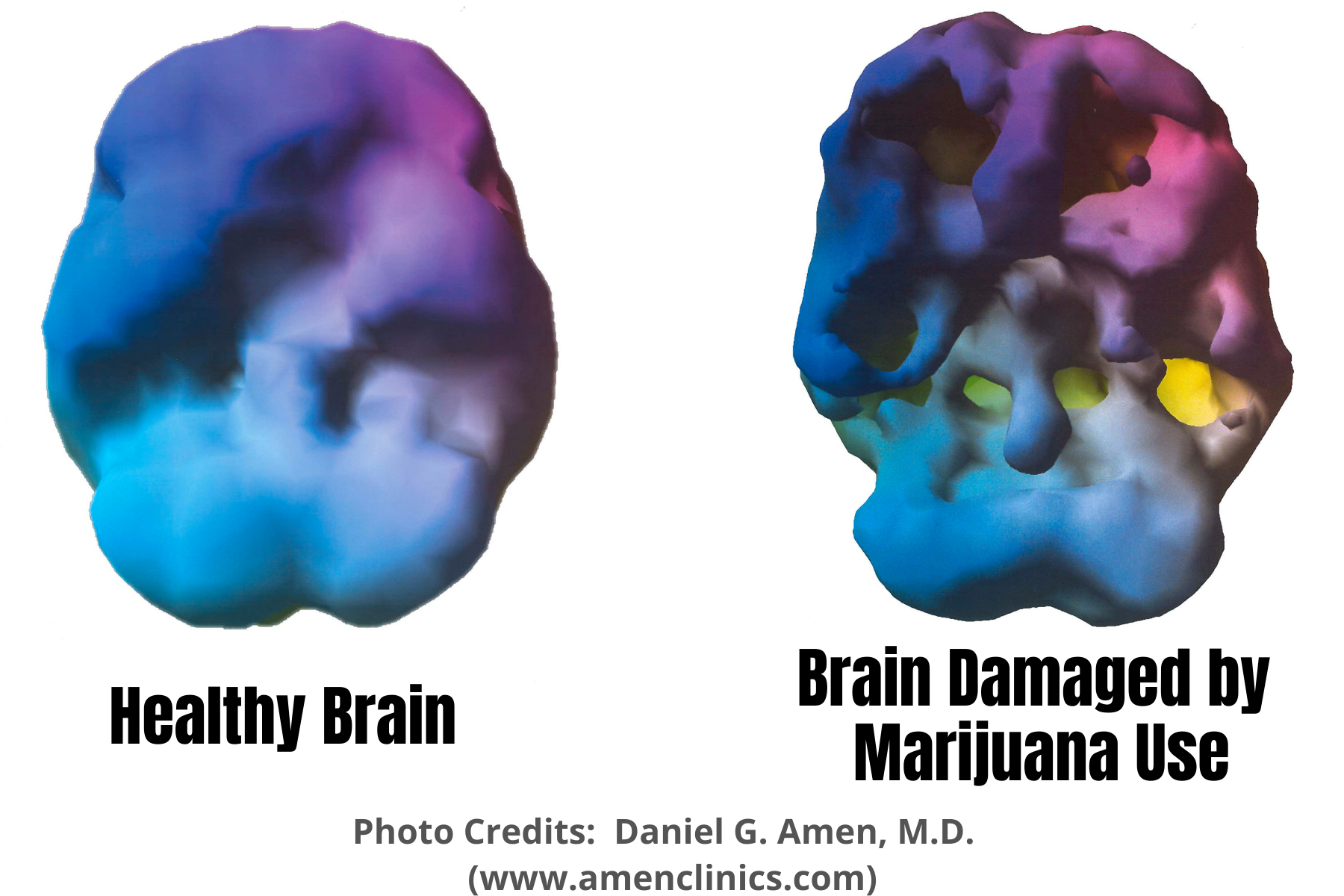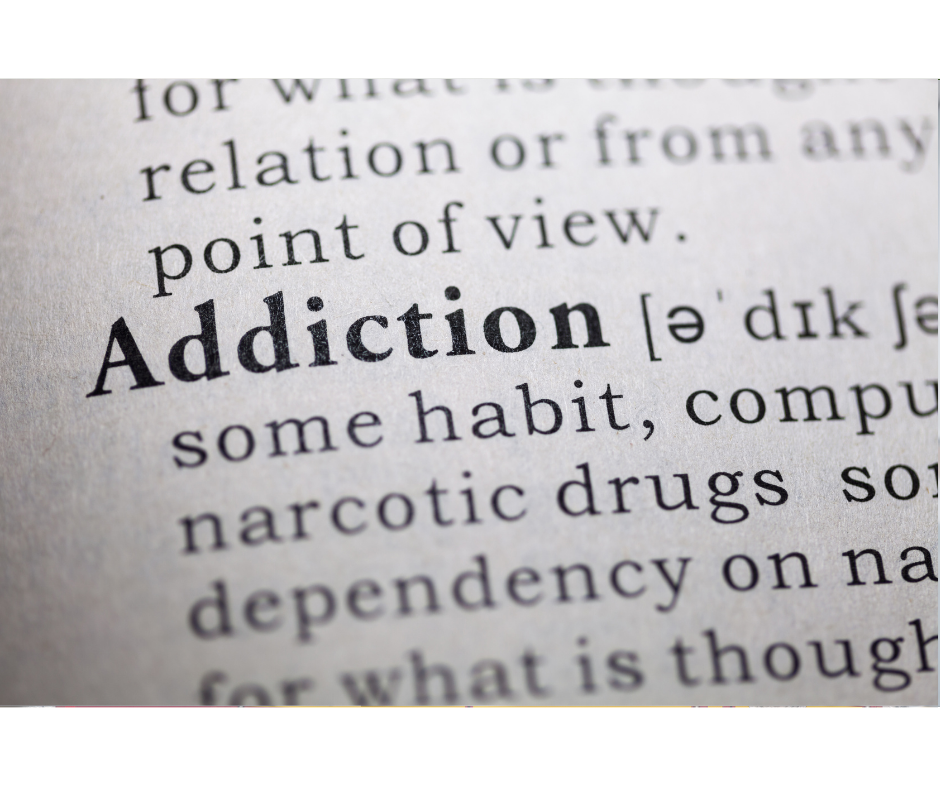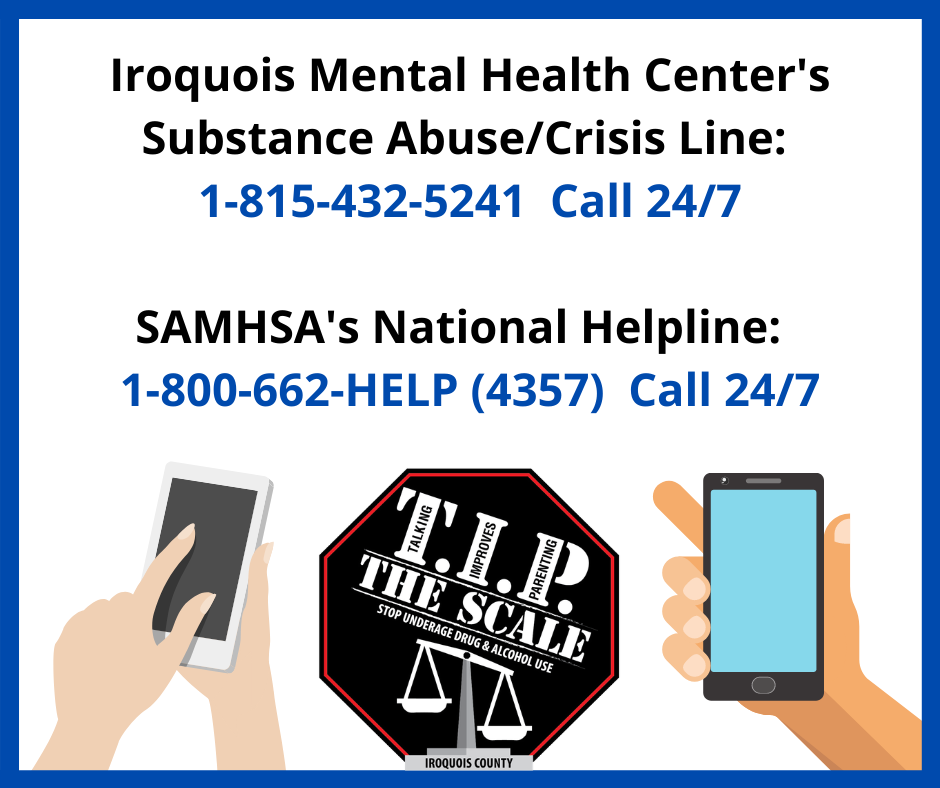
Marijuana use can greatly impact a teen's health and wellbeing. Marijuana contains THC, tetrahydrocannabinol, a psychoactive chemical that distorts how the mind perceives the world (sights, sound, time, touch, etc.). THC's effects are harmful to teens no matter how consumed. The amount of THC in marijuana has greatly increased over the years, causing it to be much more potent. Scientists are unsure how this stronger marijuana will effect a person's health. Unfortunately, media and pop culture have downplayed the risks and promoted its use - putting teens in danger.
Why is teen marijuana use risky?
It's ILLEGAL.
Although some states have legalized medicinal and/or adult recreational marijuana use, it continues to be illegal for anyone under the age of 21 to purchase or use marijuana...and for good reasons. Teens can be fined for possessing marijuana. If a teen is caught with marijuana in a motor vehicle, they face suspension of driving privileges. Students using marijuana also risk being removed from a team or club, as well as the loss of scholarships.
It Negatively Effects a Teenage Brain.
The teenage brain does not fully mature until the age of 20-25. While developing, the brain is extremely sensitive to drug use. Underage marijuana use can change how connections are formed in the brain and affect a teen's attention, memory, problem-solving, judgment, and learning for days/weeks after use. The use of marijuana at a young age can result in the permanent loss of up to 8 IQ points which do not return even after a person stops consuming the drug.
It's Linked to Mental Health Issues.
Although some teens think marijuana will relieve the stress felt from school, family, and friend pressures, it can actually magnify these feelings. A connection has been found between marijuana use and depression, anxiety, suicide planning, exaggerated/irrational thoughts, hallucinations, and paranoia. Its use has been shown to worsen mental health issues.
It Impacts Daily Life Activities.
Teens who use marijuana report feeling less satisfied with life. They lack energy and motivation to complete everyday responsibilities and often give up activities they once found enjoyable. Teens who smoke marijuana tend to earn lower grades and are more likely to drop out of school.
It Can Result in Injury.
Marijuana use can cause poor judgment which increases the likelihood of risky behaviors. Those who use marijuana also experience a lack of coordination and slowed reaction time. Thus, driving a vehicle or playing sports while under the influence increases the risk of becoming injured. The National Highway Traffic Safety Administration reports that marijuana is the drug most often found in the blood of drivers who are involved in, and often responsible for car crashes.
It's Associated with Other Health Conditions.
Smoking marijuana can cause chronic cough, bronchitis, and a worsening of asthmatic symptoms. Continued use can lead to increased risks of lung cancer and heart attack. In rare cases, long-term use can lead to cycles of severe nausea, vomiting, and dehydration, often resulting in ER visits.
It Can Lead to Addiction.
It's a fact that some teens become addicted. Marijuana is a drug that affects the reward system of the brain. Research shows that young people who use marijuana are 4-7 times more likely than adults to become addicted. Marijuana use disorder can occur when a person develops a tolerance for the drug and must consume more to achieve the same high, experiences withdrawal symptoms (sleep problems, nausea, irritability, restlessness, headaches, and abdominal pain), feels a craving for the drug, and has problems functioning in every-day life.
Most Iroquois County teens are choosing NOT to use marijuana. They prefer to keep their edge and reach their full potential. By talking with our children about the risks of teen marijuana use we can empower them to make healthy choices for a better, brighter future.
Sources: American Addiction Centers, National Institute on Drug Abuse (NIH), Partnership to End Addiction, and Substance Abuse and Mental Health Services Administration (SAMHSA)







